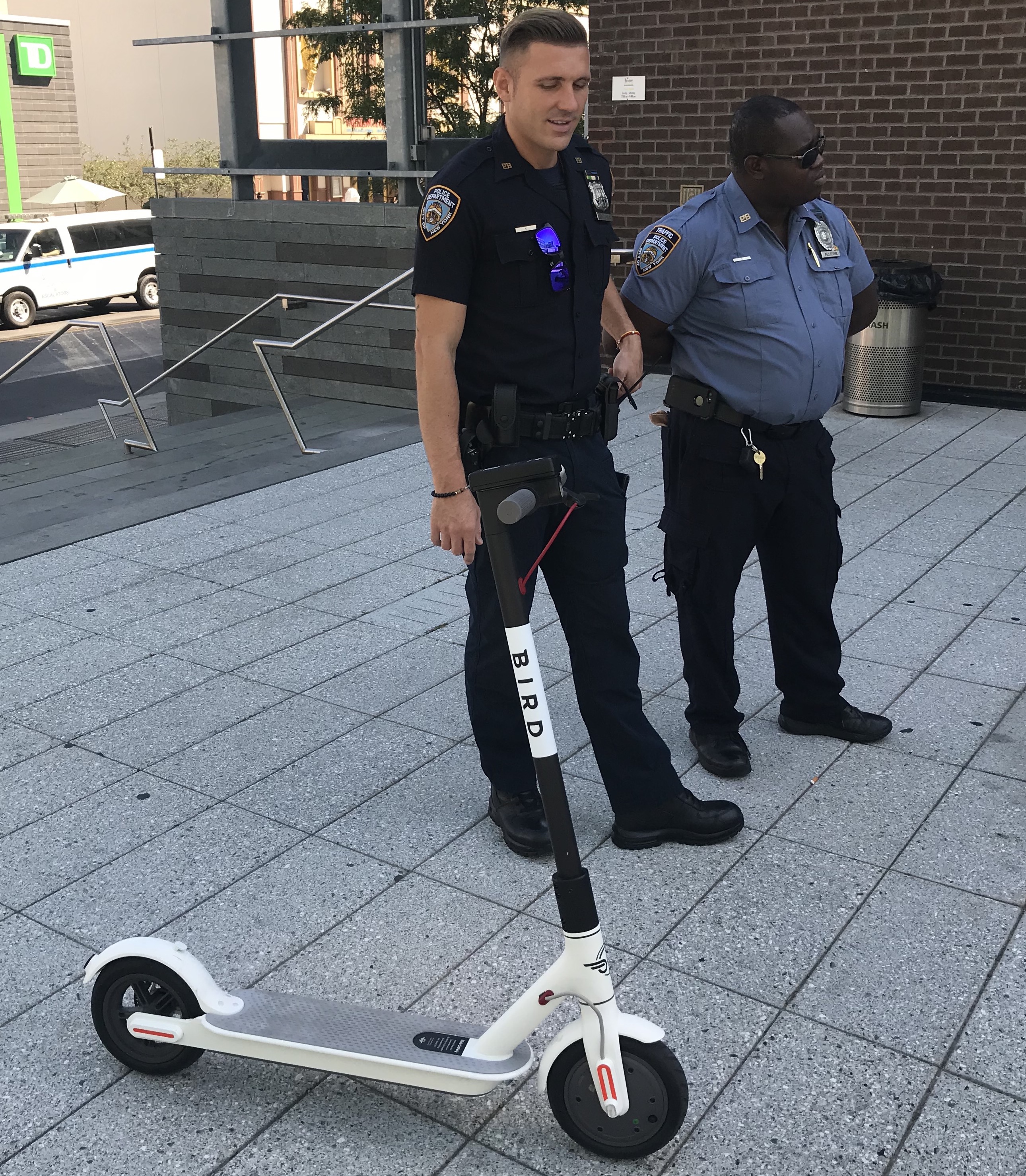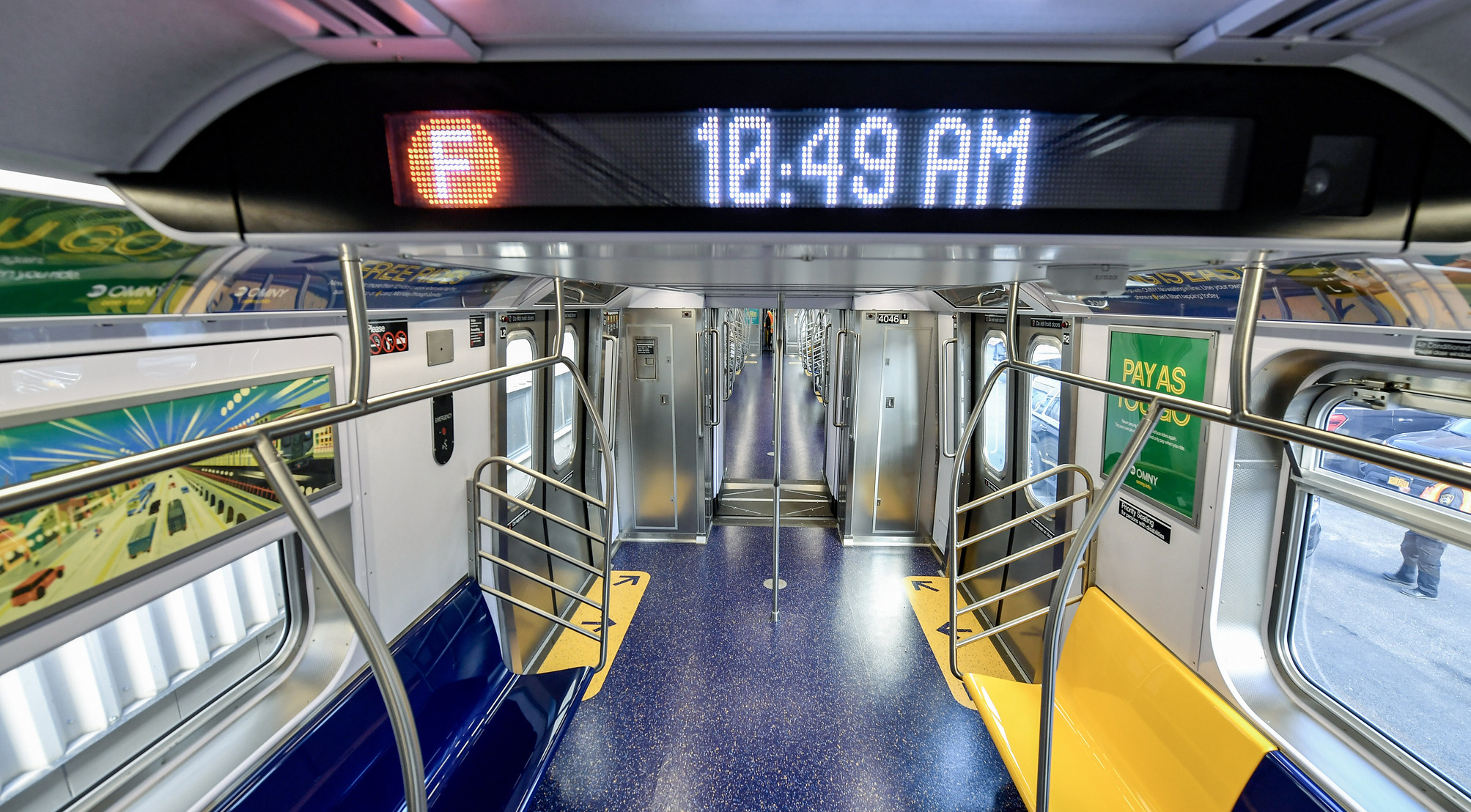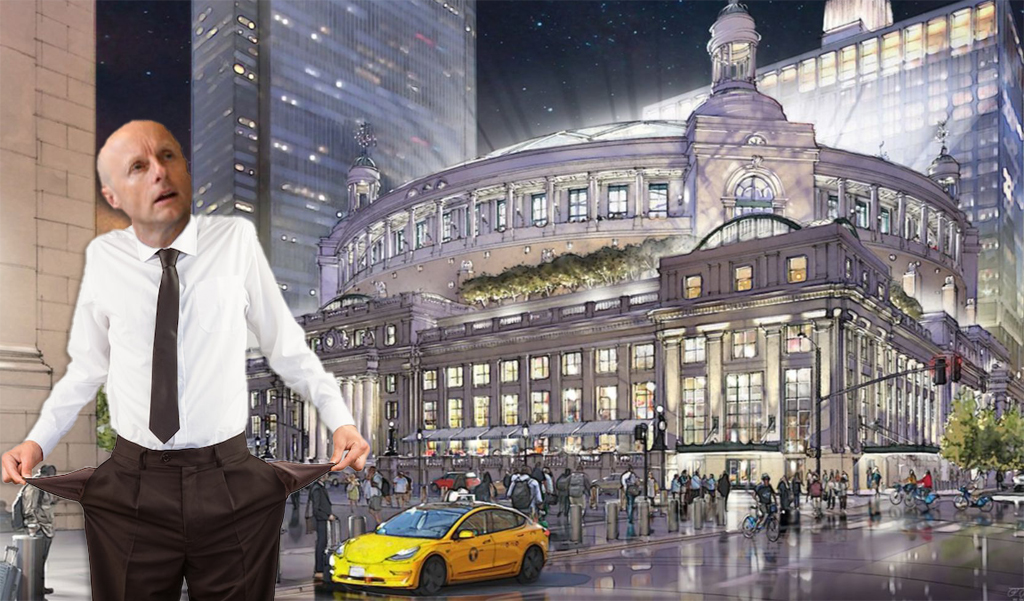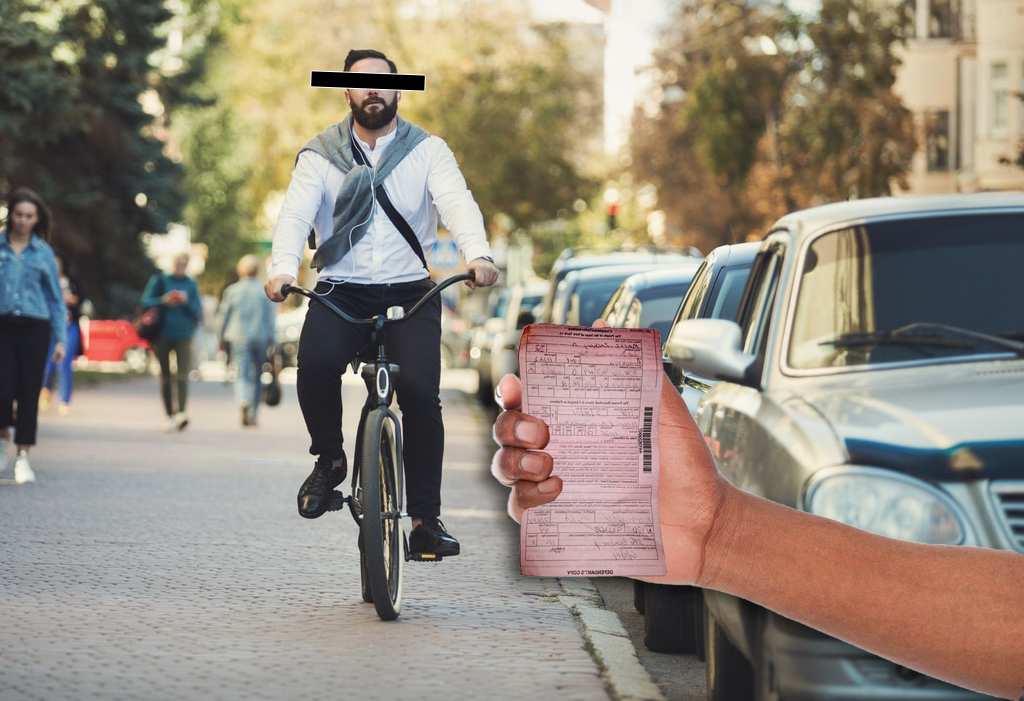The city's e-bike and e-scooter revolution will not be localized.
City Council Speaker Corey Johnson says pending bills to legalize the small electric devices has hit a snag: e-bikes and e-scooters apparently need state lawmakers or the Department of Motor Vehicles to legalize them first.
"We believe the state legislature would need to take some action for us to be able to move these bills," Johnson told Streetsblog last month.
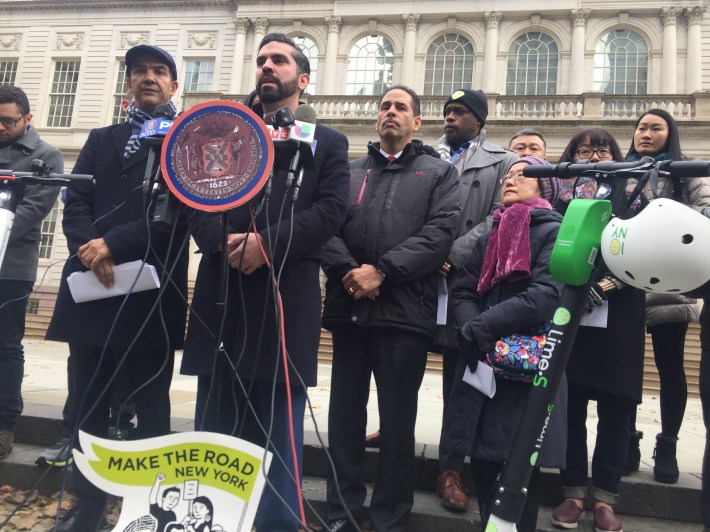
City law currently prohibits the use of throttle-powered e-bikes and e-scooters. In November, several City Council members introduced a package of bills to change that.
State law, however, creates additional barriers: all vehicles — except for human-powered bicycles — must be registered with the Department of Motor Vehicles. But throttle-powered electric bicycles fall into a gray area: They don't have federally administered Vehicle Identification Numbers, so there's no way for the state to register them.
No intermediate classification exists, which is why the state must act, Johnson said. The DMV could act unilaterally and classify the vehicles as human-powered — though their battery packs make them superhuman-powered. It is far more likely that the state legislature would take definitive action to close the loophole — possibly by creating an a new classification for electric-powered small vehicles.
"There could be a creative approach, but I don’t think we can fully legalize it without the Department of Motor Vehicles coming up with some licensing category that they believe state law requires," Johnson said.
The Speaker may simply be wrong — or is simply making a "faulty interpretation," said Marco Conner, staff lawyer and interim co-director at Transportation Alternatives. As Conner and TransAlt see it, e-bikes and e-scooters already fall under the vehicle and traffic law's definition of "limited use vehicles," which are defined as vehicles that cannot be registered and cannot travel more than 40 mph.
"New York City has the explicit and complete power under state law to legalize and regulate e-bikes," Conner said.
State-level e-bike advocates, meanwhile, are increasingly optimistic about legislators' willingness to act in the coming legislative session, when Bill Magnarelli will replace David Gantt as chair of the assembly transportation committee. For over a decade, Gantt, a Rochester Democrat long known for his lethargy on city issues, refused to move e-bike legislation.
"We really struggled," said New York Bicycle Coalition President Paul Winkeller. "You couldn’t even get bills out of his committee."
Thanks to Gantt's opposition, recent e-bike bills only legalized so-called "Class 1" e-bikes, the pedal-assisted, maximum-20-mph e-bikes legalized by the city last year. At that time, the justification was that such low-speed bikes are "human-powered." (Class 2 e-bikes are throttle-powered and have max speeds of 20 mph. Class 3 e-bikes are pedal-assisted, just like Class 1 e-bikes, but have higher max speeds of 28 mph.)
Now, with Gantt gone, the New York Bicycle Coalition and its allies in the bike industry want legislation permitting the use of all three classes of e-bikes without requiring vehicle registration.
"Let’s just remove them from vehicle class that requires registration or licensing," said Morgan Lommele, e-bike campaign director at the industry-aligned group People for Bikes. The organization's preferred bill language would set additional restrictions for Class 3 e-bikes, including a mandatory helmet requirement and a prohibition against riding in bike lanes.
Calls to the state DMV and the governor's office were not returned. Assembly Member Magnarelli declined to comment.
One of the council's biggest e-bike and e-scooter boosters, Council Member Rafael Espinal, was unsurprised when Streetsblog asked him about the council speaker's concerns. Espinal said he hasn't given up hope that the city can "create a new category of vehicles."
“That’s a talking point that the mayor’s been using for months," he said. "We have these bills and we’re looking to have a hearing and hopefully to find a loophole to be able to regulate these bikes in New York City."
The speaker has yet to endorse any of the council-level bills, but says he's "interested."
"I do have some concerns," he said. "I've heard concerns — a lot of concerns — from avid cyclists. They think it would make the bike lanes potentially unsafe for regular cyclists."
